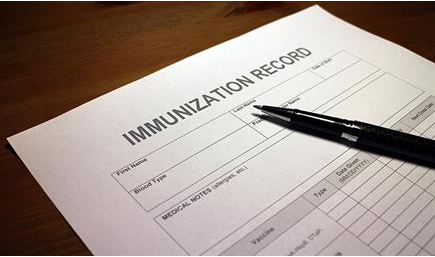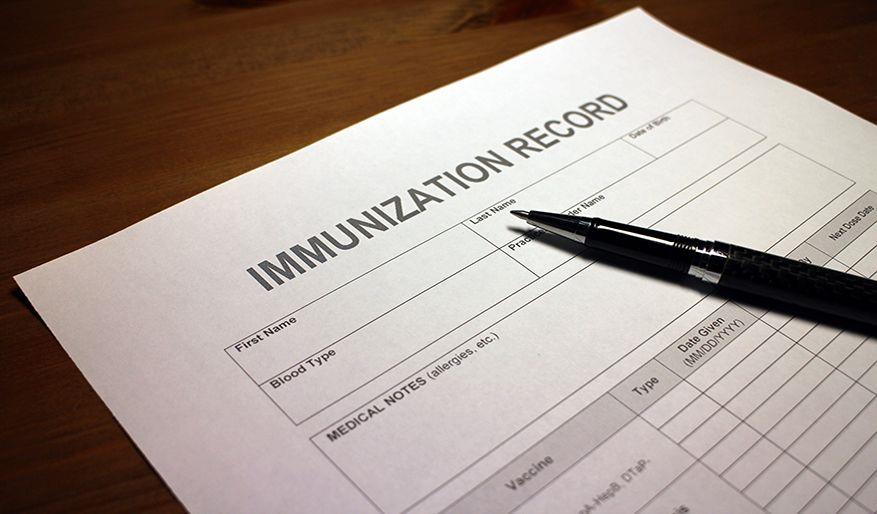Whether you are traveling for business or pleasure, it is important to be aware of any health risks before you travel to your overseas destination. Firstly, you could be exposing yourself to illnesses that are much less common or completely non-existent at home, and secondly, some countries may have specific preventative measures and requirements in place such as immunizations to protect their own population. Here are some tips to help you prepare for your trip.
- Get the latest news – Websites for the Centers for Disease Control (CDC), National Travel Health Network and Centre (NaTHNaC) and the World Health Organization (WHO) report the latest information about disease outbreaks and are regularly updated with country specific travel notices.
- Know before you go – Foreign governments and health authorities usually publicize information about the vaccinations or health status necessary to enter the country. For example, the WHO recommends that people travelling to Africa and South America should be vaccinated against yellow fever, a viral disease carried by mosquitoes common in these regions. Make sure to check if vaccinations are a required for entry to your travel destination.
- Consider your health – Some of us are more vulnerable to infection or health complications. Women who are pregnant; children and the elderly; and people with a weakened immune system should speak with a doctor before making any international travel plans. Depending on what is going on in the world, you may be advised to postpone your trip. For example, it is currently not advisable for pregnant women to travel to areas affected by the Zika virus outbreak.
- Get advice – Our department of Infectious Diseases at Cleveland Clinic Abu Dhabi recommends scheduling an appointment with its Travel Clinic if you are planning an international trip. Travel clinics are helpful as they offer knowledge, counseling, vaccinations and medications you may need, depending on where your journey takes you. It is ideal to see the doctor 4-6 weeks before your trip. It’s useful to take a copy of your vaccination records, as well as a list of any medications you are currently taking and your travel itinerary. Be prepared to answer questions about your current health, your itinerary and the types of activities you have planned.
- Think circulation and hydration – When you are travelling, it is important to get up and move around to increase circulation and stretch your legs. Sitting for long periods of time may put you at risk for deep vein thrombosis (DVT), which is the formation of a blood clot. Wearing compression socks may maintain regular blood flow and reduce your risk. Stay well hydrated by drinking plenty of water and avoiding caffeinated beverages as they contribute to dehydration. When you arrive, try not to nap longer than 20-30 minutes so that your body can adjust to the local time.
Travelling this summer? Our Travel Clinic offers travel safety information, pre-travel counseling, and advise on the immunizations you may need before heading abroad.

